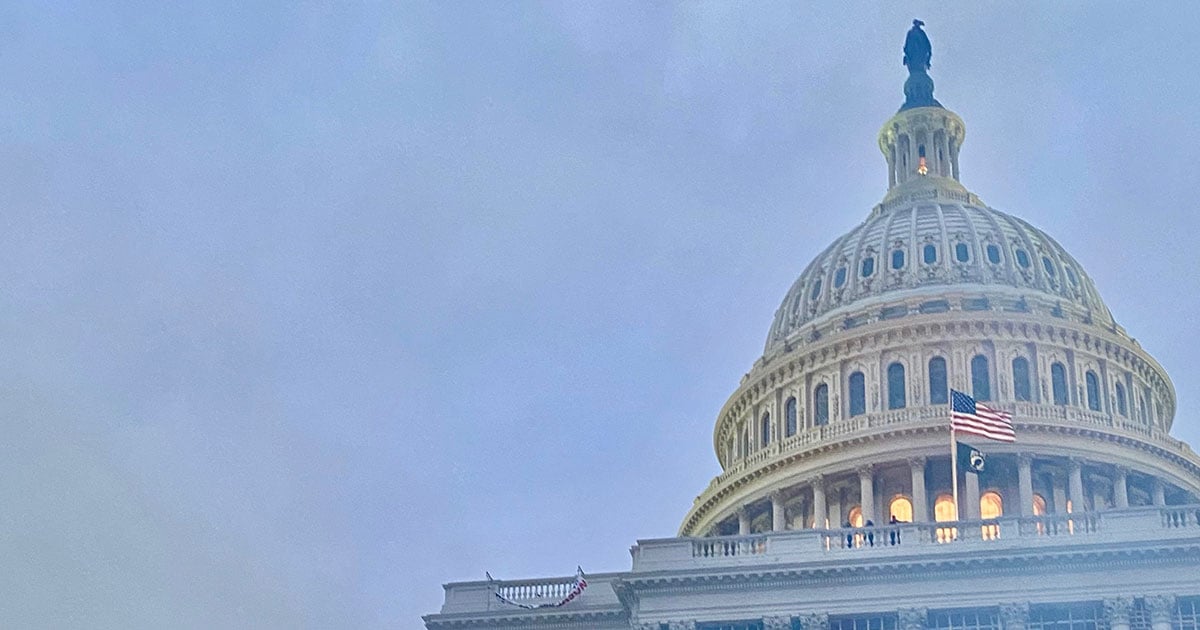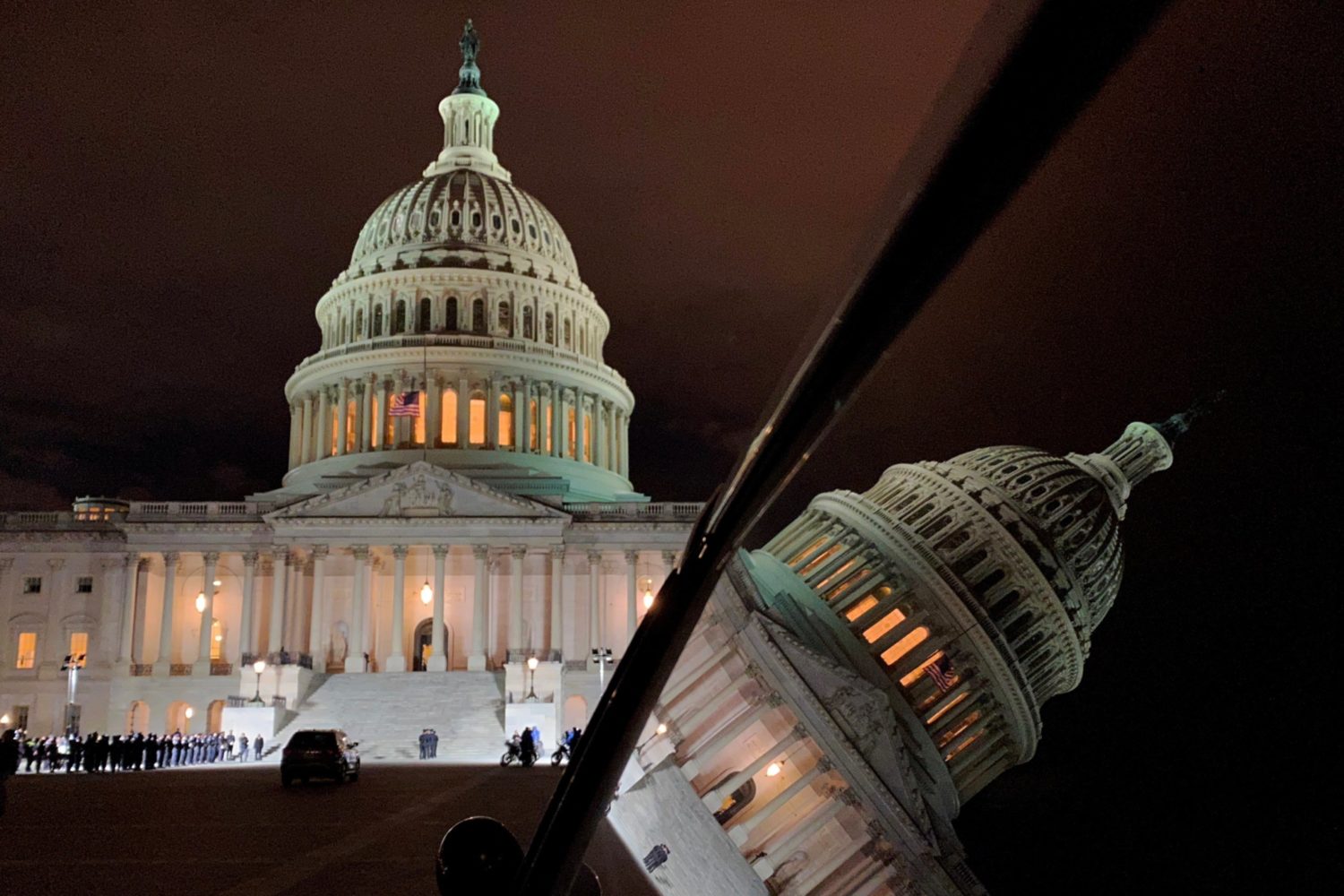If recent news headlines have left you typing what is the debt ceiling or why does the debt ceiling matter into Google’s search bar, you’re not alone. The federal government reached its self-imposed $31.4 trillion borrowing limit on January 19, and some House Republicans are threatening to not raise this limit unless Democrats agree to make major spending cuts—something the White House says it won’t do.
So far, so familiar: Republicans and Democrats, not getting along. Only here’s the catch: if the debt ceiling isn’t raised, the country could default on its debt in June. Which would be bad. In the meantime, the economic uncertainty created by the mere possibility of default—or even a prolonged political fight to avert it—is also bad.
Small wonder, then, that the debt ceiling fight has become an inescapable Washington story. So why are we here? And what, exactly, does all of this mean in plain English? We asked Filipe Campante, an economics professor at Johns Hopkins University and co-director of the DC Political Economy Center, to explain the subject in simple terms.
What is the debt ceiling, exactly?
Campante: The debt ceiling is the amount that the government is authorized to spend to cover its bills. The government is required to ask for Congressional authorization after the debt has been incurred to spend up to a certain amount. And then once this amount is reached, you have to get approval again to pay for that.
It’s basically as if you spend more than what you earn. And then you have to get authorization to pay your credit card bill or something like that. I mean, the bill is already there, right? So you’ve already incurred the debt. So that’s the weird thing about it.
What makes how the US deals with debt so unique?
Campante: As far as I’m aware, no other country does borrowing like this, sort of imposing these kinds of limits. It’s a kind of a uniquely American thing. It’s certainly not something that I think anyone would recommend doing. The government spends and has revenue. Congress approves both. If you spend more than you tax, then you have to borrow that money.
It’s kind of a crazy way to do business. The best thing that one could do is to get rid of this need for having that authorization. You know, you decide how much you need to borrow, then you just pay for it, right? There’s there’s no point in having that separate instance, where after having incurred the bill, you decide whether we’re going to allow the government to pay it or not.
Why are Democrats and Republicans arguing about this?
Campante: Fundamentally, it’s like a hostage-taking situation. The idea is that if the Treasury is not able to pay the bills it has already incurred, then it will be reneging those bills. That basically would wreak havoc on the financial systems and US Treasuries, which are kind of like the safest asset there is. So that’s the fundamental threat.
The idea is that the government won’t want to have that financial crisis exploding. So (Republicans) try to use that to extract kind of unrelated concessions that are not really related to the specifics of the debt ceiling.
What happens if the debt ceiling isn’t raised?
Campante: Then it’s the question of, “what will the Treasury do in terms of prioritizing payment of the bills?” People talk about potential alternatives, where they could do something to kind of try and get around it. But I think the fear is that at some point either they would renege on these Treasury payments, or at least just the threat of this would trigger some sort of negative reaction in financial markets that would generate some sort of a crisis. It’s like a standoff. At some point, someone will have to abandon their position.
What could the US defaulting on its loans mean for average Americans?
Campante: Financial markets operate under the assumption that US Treasury bonds are the safest assets that there is, that you can always rely on the US paying their debts. All other assets are prized in relation to that “safe” asset. So this assumption that US Treasury bonds are absolutely safe would no longer be there, and then havoc would ensue. You might expect that interest rates would increase. Some players that have made bets based on certain assumptions about prices might be in a difficult position. But it’s a little bit hard to tell what would happen because we’ve never been in a situation like that – but some severe financial turmoil could be in the cards.
So a recession, possibly?
Campante: Financial crises can trigger a recession. So possibly, yes.
How would you explain this entire issue to, say, a golden retriever?
Campante: It’s a crazy situation where you’ve already incurred debt, and then you’re basically deciding on whether to pay that debt or not. Nobody really does that. If Congress wants to reduce spending, or borrowing needs, it can totally do that. But it seems really irresponsible to incur debt and then play this type of game when it comes time to face up to the bill.


















